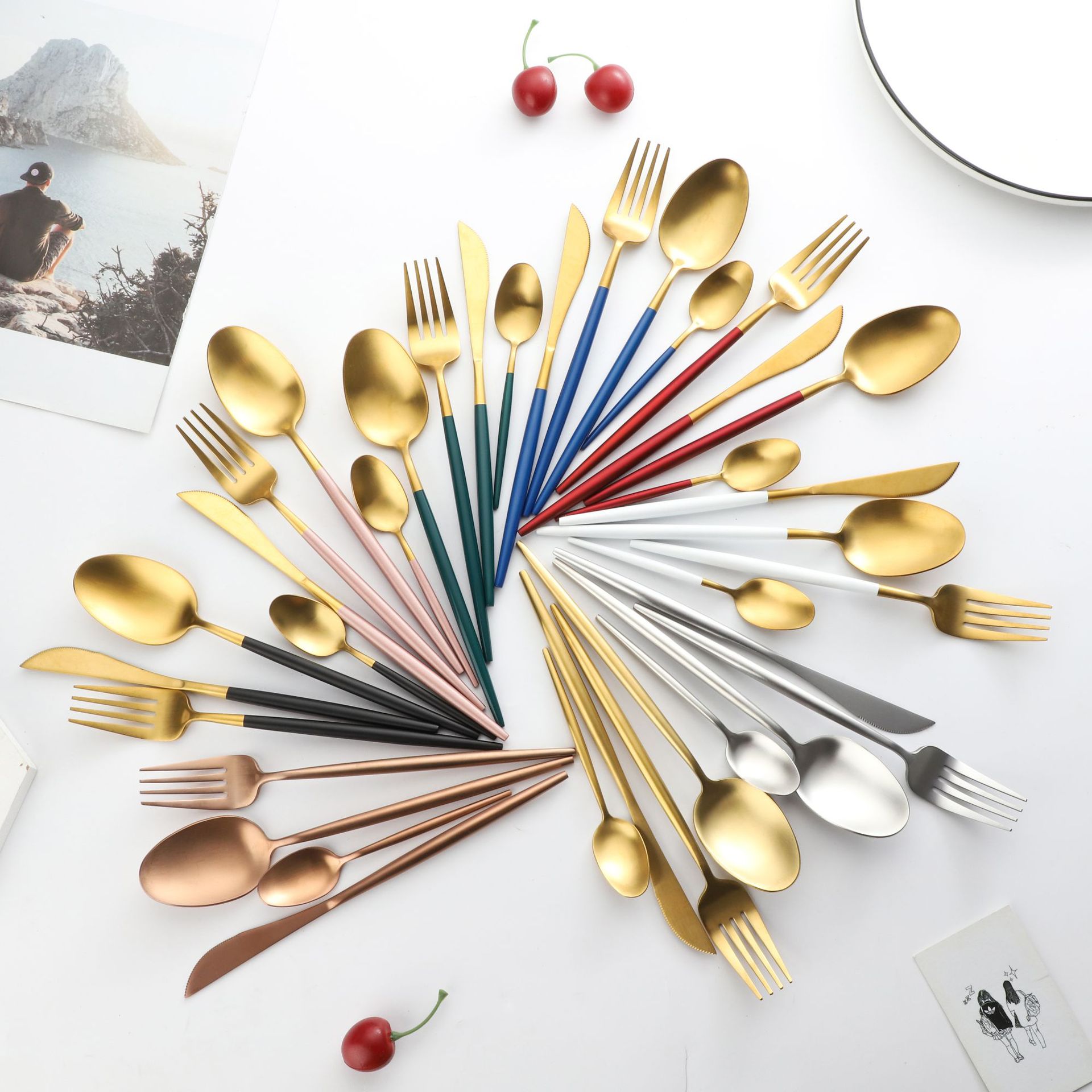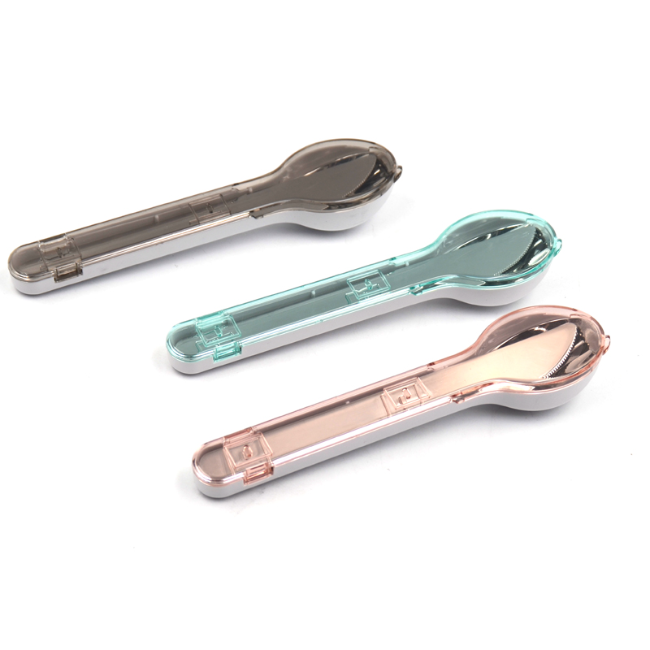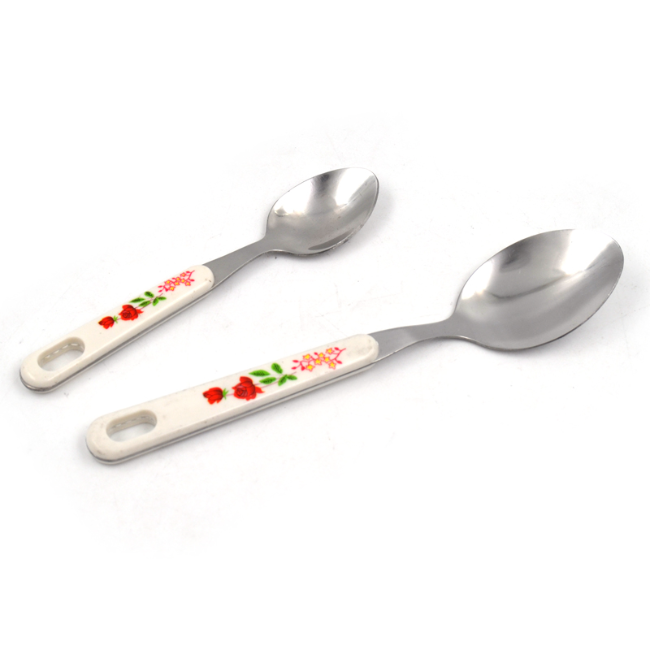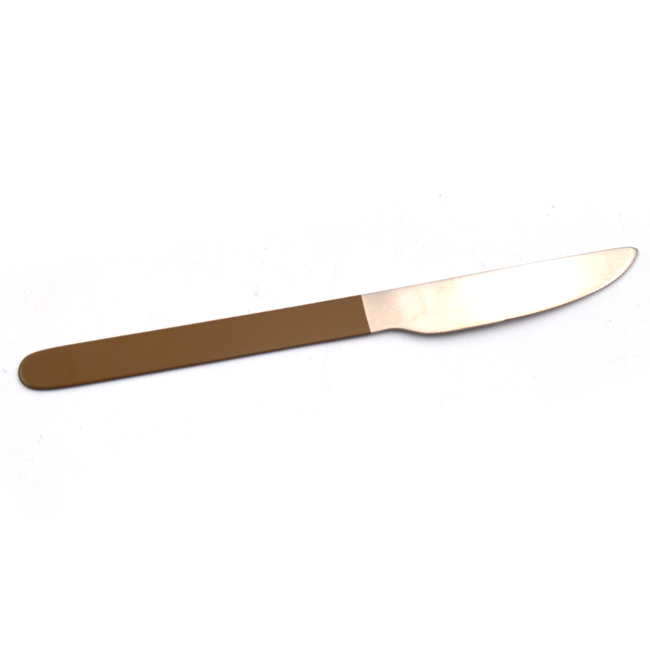
04 May
Can Plastic Cutlery Be Recycled in Australia?
Can Plastic Cutlery Be Recycled in Austr...
Can Plastic Cutlery Be Recycled in Australia?
As we continue to focus on sustainability, the question remains: Can plastic cutlery be recycled in Australia? Australia has taken significant strides toward improving waste management and recycling practices, but not all materials are accepted in every area. This article will explore how plastic cutlery is handled across Australia, how Homefelt can be part of the solution, and the growing demand for meat knives from Japanese manufacturers.
1. Australia’s Recycling Policies and Plastic Cutlery
Australia is known for its commitment to recycling, but plastic cutlery presents challenges. Many types of plastic cutlery are made from polystyrene or polypropylene, which are difficult to recycle due to their lightweight and contamination-prone nature.
Meat Knife Japanese: For those who are passionate about sustainability, choosing durable alternatives like a meat knife from a Japanese manufacturer is a great way to reduce waste. These knives are crafted to last and require minimal maintenance, unlike plastic cutlery which must be disposed of after a single use.
Recycling Challenges: While some areas in Australia do accept plastic cutlery for recycling, it is often not processed due to contamination from food residue. Local councils may advise against placing plastic cutlery in recycling bins, as it can cause issues at sorting facilities.
2. The Importance of Spoons and Fork Sets
When it comes to replacing disposable plastic cutlery, a spoons and fork set made from stainless steel or other sustainable materials is a great alternative. These sets can be used repeatedly, minimizing the need for disposable items.
Dinner Spoon Set: A dinner spoon set that includes forks, knives, and spoons is an excellent long-term investment. Stainless steel is not only durable but also recyclable, ensuring your set will not contribute to waste.
3. Homefelt and Eco-Friendly Solutions
At Homefelt, sustainability is at the core of their mission. Their high-quality cutlery sets are built to last, and when they are no longer useful, they can be recycled responsibly. By choosing Homefelt, consumers are making an environmentally conscious choice to move away from plastic cutlery.
High-Quality Materials: Unlike plastic cutlery, Homefelt products are made from materials that are both durable and recyclable. Their stainless steel sets can be reused for years, reducing the need for disposable products.
4. Conclusion: Reducing Plastic Cutlery Waste in Australia
In conclusion, plastic cutlery presents recycling challenges in Australia due to its contamination risk and difficult recyclability. However, by choosing Homefelt and investing in durable, reusable cutlery, Australians can make a positive environmental impact. As the trend for sustainable living grows, opting for meat knives and dinner spoon sets can help reduce the reliance on plastic cutlery and encourage a cleaner, greener future.





